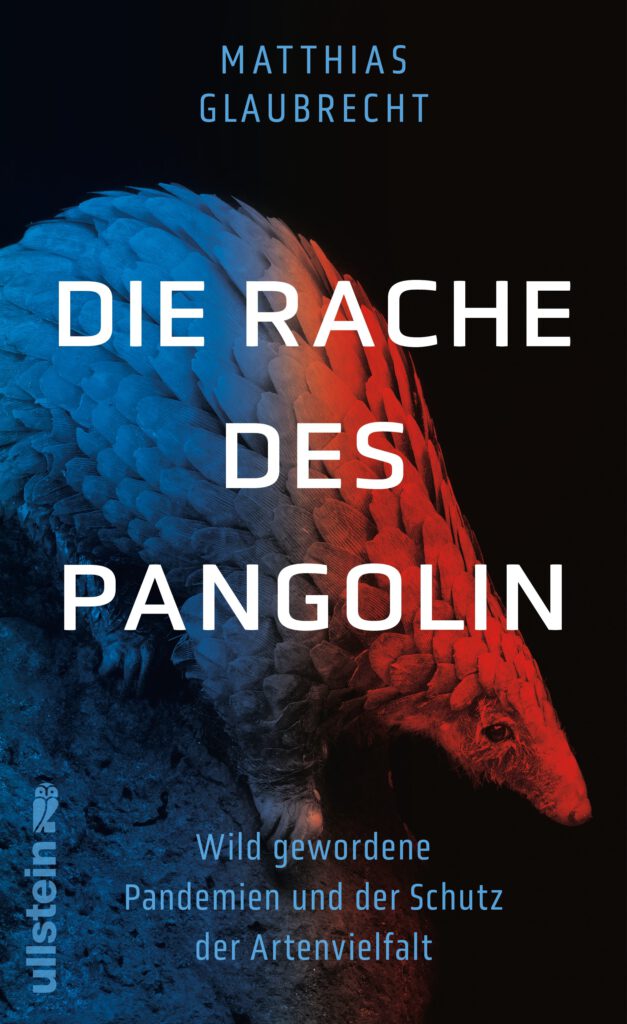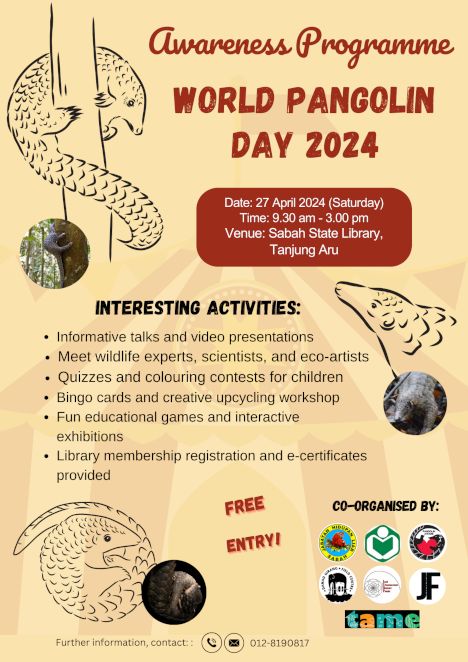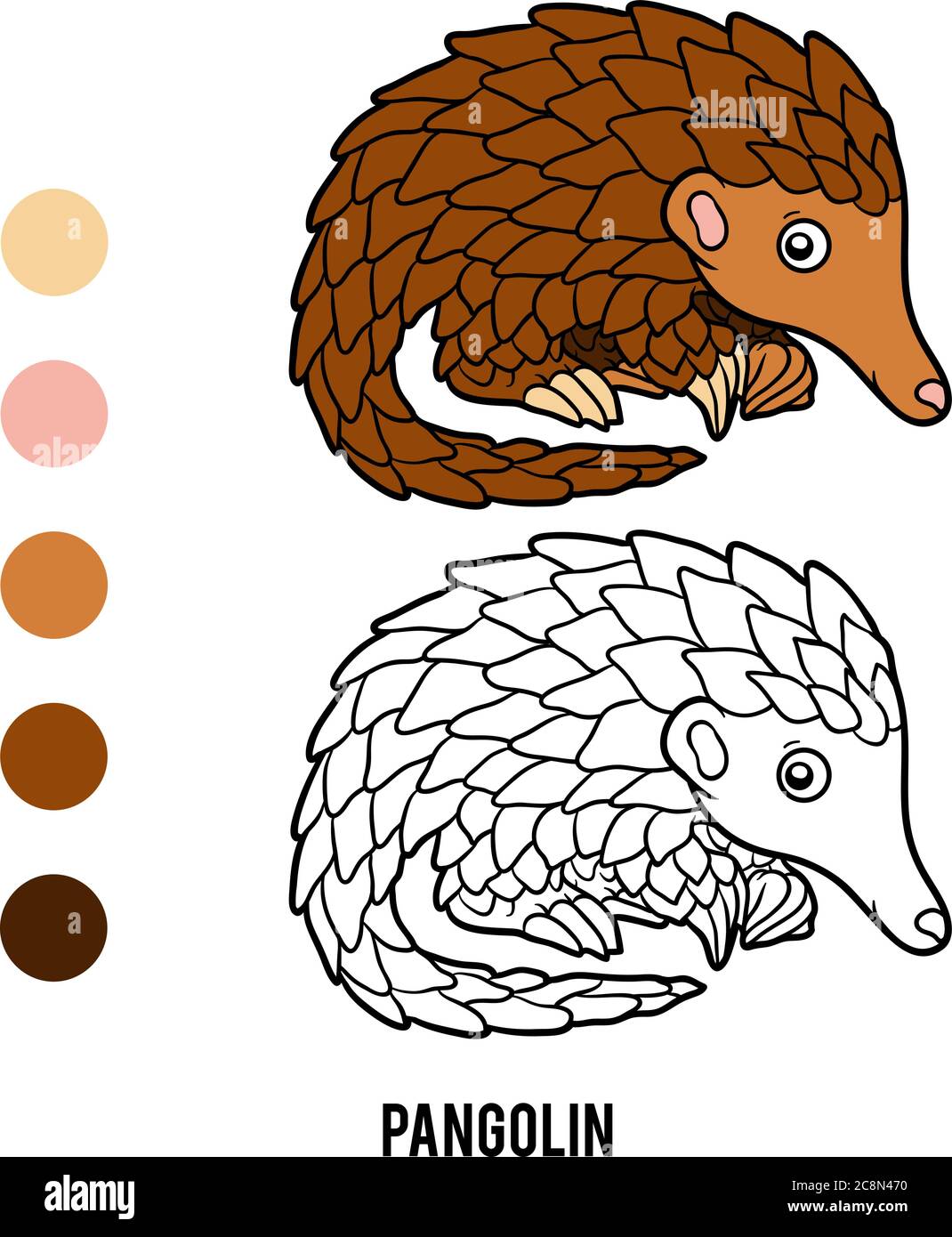Is there a creature on Earth that encapsulates both vulnerability and resilience, facing immense threats while clinging to existence? The pangolin, a creature often overlooked, is now taking center stage, and its story, as told in the Netflix documentary Pangolin: Kulu's Journey, is a powerful testament to the interconnectedness of life and the urgent need for conservation.
The documentary, which has garnered significant attention, centers on the extraordinary journey of a baby pangolin named Kulu. Rescued from the clutches of poachers in South Africa, Kulu's fate hangs precariously in the balance. The film meticulously follows Kulu's rehabilitation and reintroduction into the wild, offering viewers an intimate glimpse into the life of this elusive and critically endangered mammal. The documentary provides important light on a rare creature, and reminds us that there is so much more to save in this world.
The narrative thread, woven throughout the film, is the bond formed between Kulu and his human guardian. This devoted individual, having found new purpose, dedicates himself to ensuring Kulu's survival. This relationship, central to the documentary's emotional impact, underscores the profound connection between humans and the natural world, even in the face of a species on the brink of extinction. The documentary, by exploring this relationship, reminds us that there are good people in this world who care, and that's what exactly the human need.
| Subject | Details |
|---|---|
| Creature | Pangolin |
| Species | Mammal |
| Location | Asia and sub-Saharan Africa |
| Appearance | Covered in large protective scales made of keratin |
| Diet | Ants and termites |
| Status | Critically Endangered |
| Threats | Poaching and habitat loss |
| Interesting fact | They have been on earth for 85 million years |
| Film Focus | Pangolin: Kulu's Journey |
| Film Platform | Netflix |
| Film Narrative | Rescued from poachers, an endangered baby pangolin embarks on a journey back to the wild with help from a devoted human guardian. |
| Human Connection | A man finds new purpose when he helps rescue a baby pangolin. |
| Film highlights | The film shows important light on a rare creature, and reminds us that there is so much more to save in this world. |
| Official Site Link | Watch Pangolin: Kulu's Journey | Netflix Official Site |
“Pangolin: Kulu's Journey” is more than just a wildlife documentary; it is a story about hope. It showcases the unwavering dedication of those working tirelessly to protect these vulnerable creatures. The film underscores the devastating impact of the illegal wildlife trade, highlighting the devastating consequences of poaching, which drives these animals to the brink of extinction, destroying their environment.
Pangolins, often described as scaly anteaters, are unique mammals found in Asia and sub-Saharan Africa. Their bodies are covered in overlapping scales made of keratin, the same material as human fingernails. These scales, which serve as a primary defense mechanism, have unfortunately made them highly sought after. They are the most trafficked mammal in the world, poached for their scales and meat, which are used in traditional medicine and as a delicacy, particularly in some parts of Asia. Furthermore, they are losing their habitat due to deforestation and urbanization, which further threatens their survival.
The documentary “Pangolin: Kulu's Journey” is a testament to the efforts undertaken by wildlife conservationists. As the film vividly illustrates, the journey of rehabilitation and release is not without its challenges. The pangolin's solitary nature and specific dietary requirements add complexity to their care. These animals require specific environments, and their survival in the wild is a testament to a team dedicated to saving the species.
The film not only chronicles Kulu's physical journey but also delves into the emotional complexities of the human-animal bond. The dedicated human guardian's connection to Kulu offers a potent depiction of the empathy and compassion that fuels conservation efforts. This aspect of the documentary is particularly compelling, allowing viewers to connect with the pangolin's plight on a deeply personal level. The healing goes both ways in the documentary, as a troubled man and an endangered mammal form a startling bond.
The documentary also presents the broader challenges faced by pangolins. It examines the devastating effects of habitat loss and deforestation, which further exacerbate the threats to these animals. As forests are cleared for agriculture, development, and logging, pangolins lose their homes and are pushed closer to the brink of extinction. The film serves as a call to action, urging viewers to support conservation efforts and advocate for sustainable practices.
The film’s appeal lies in its ability to blend entertainment with education, making it a compelling watch for a wide audience. The stunning visuals, combined with the compelling narrative, create an immersive experience that leaves viewers with a greater understanding of pangolins and the challenges they face. The official trailer captures the essence of the film, providing a glimpse into Kulu's journey and the dedicated people working to save her.
While the film focuses on Kulu's story, it also serves as a broader indictment of the illegal wildlife trade. The documentary underscores the devastating impacts of poaching, habitat loss, and the demand for pangolin products. It highlights the importance of international cooperation, law enforcement, and education in combating these threats. The film also explores the role of communities in protecting pangolins and their habitats.
In addition to “Pangolin: Kulu's Journey”, Netflix has also produced other nature documentaries that focus on the lives of animals in the wild. These films provide additional insights into the challenges and triumphs of animal life. The Netflix series Wild Babies follows baby lions, elephants, penguins, pangolins and more as they navigate the highs and lows of life in the wild.
The documentary also serves as a poignant reminder of our shared responsibility to protect the planet's biodiversity. As the film illustrates, conservation is not just about saving individual animals; it is about protecting ecosystems and ensuring the long-term health of the planet. By supporting conservation efforts, we can help create a future where pangolins and other endangered species can thrive.
The message is clear: the fate of the pangolin, as with many other species, is inextricably linked to the choices we make today. Pangolin: Kulu's Journey is more than just a documentary; it is a call to action. It is a story that will resonate with viewers, prompting them to consider the impact of their actions and to support the conservation efforts needed to protect these amazing creatures.




